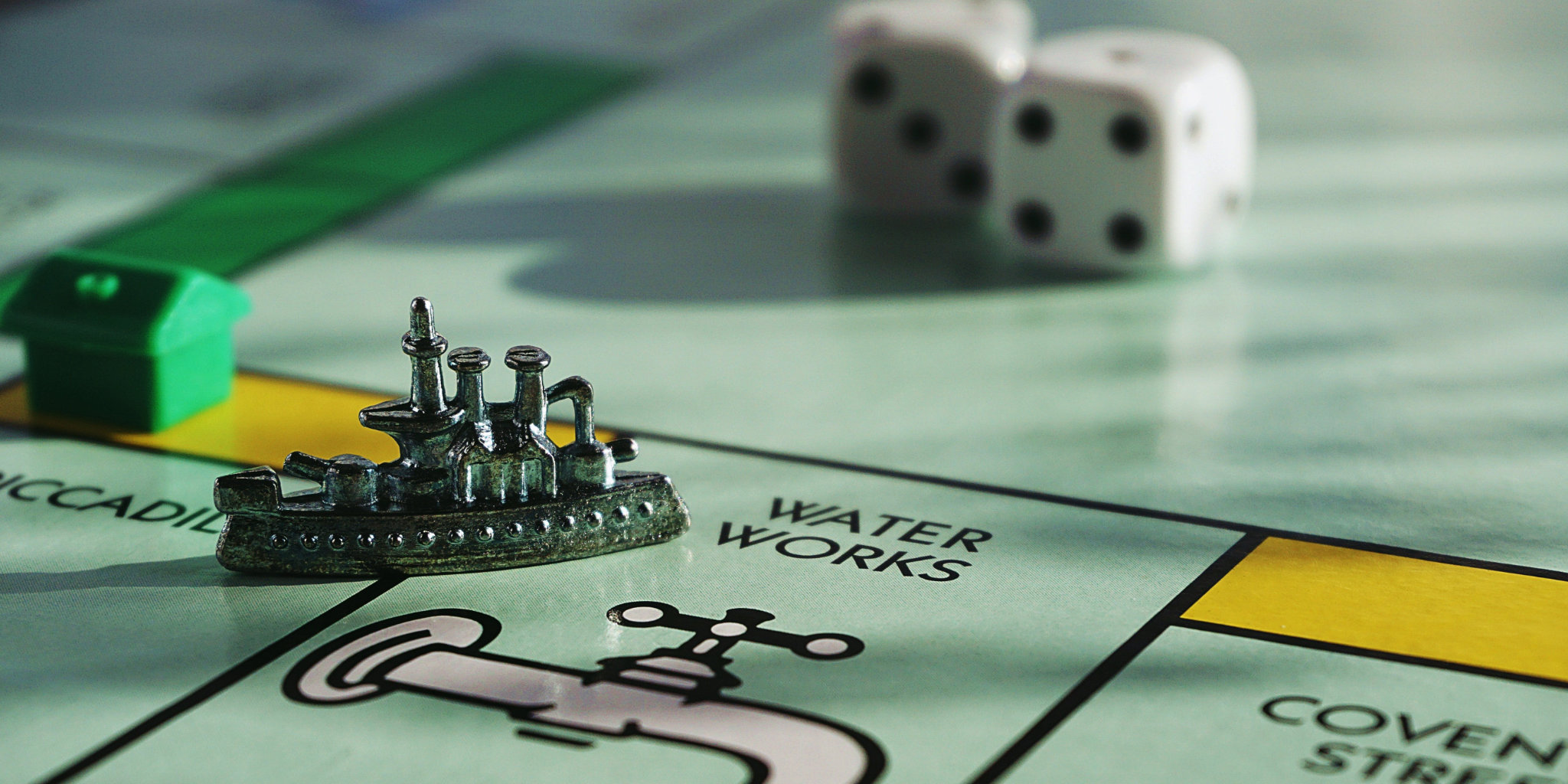
Psychology of Success
What do a game of Monopoly, rich people and a sense of deserving all have in common? Well they have been the subject of an experiment run by the University of California. A rigged game of monopoly has exposed how people can feel given enough success.
The experiment
The university ran an experiment inviting a group of strangers for a game of monopoly. Before the game started a dice would designate a random player as being rich and by account all other players were designated as poor players. The rich player has a few perks in the game. They would start with double the amount of money, the opportunity to roll with two dice, and when completing the board the rich player would receive twice the amount of money compared to the poor players.
The chance for a poor player to win this rigged game of monopoly was estimated to be around 1:1000. So only an extreme amount of luck or complete disinterest from the rich player could prevent said player from winning the game.
After the game
This game was run multiple times with different groups. All games were played without interference from the researchers. And in all cases the privileged player would end up winning the game.
After the game an interview was conducted with all of the players. The privileged ‘rich’ players all accounted their winnings to superior tactics, and concluded they deserved to win the game. While the poor players would lament their play style and often concluded they did not deserve to win.
What is interesting is that both the winning and losing players did not think or mention the unfair starting positions. This, according to researchers, has confirmed one strong belief in CBT (Cognitive behavioural therapy).
The belief
According to the premise, people tend to think their position in the world is all down to ability and hard work. This is true for favourable and unfavourable conditions. A successful entrepreneur may think that his success is all down to choices. But are all starting positions equal?
How would the perception of success change if I said the entrepreneur came from a rich family and had infinite resources to pour in his business? What if the entrepreneur came from a poor family and had to turn every dime to get to the position he is in now?
Takeaway
We can use this rigged game of monopoly and the power of self-reflection to look inwards on our own achievements. To what extent did our choices contribute to the end result? What were our starting positions? To take ownership of an end result is a really positive trait, but on the flip side don’t be too harsh on yourself if things don’t turn out as you wanted them to.
It’s not ALWAYS all down to us. The world has a role to play. Appreciate even the smallest steps, especially if they are predominantly down to you. On the other end of the scale, acknowledge the help and privileges you enjoyed achieving success. When all is said and done, try to find happy, wherever successful or not. Life is much more than having a winning hand.
